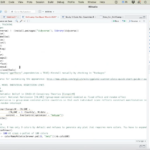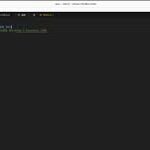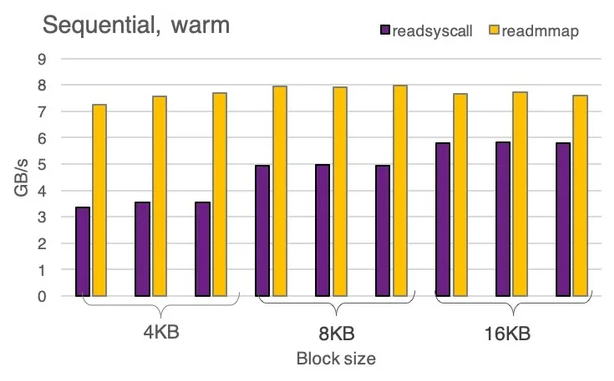Introduction
System calls are an essential component of any operating system, including Linux. They provide a way for user-level processes to interact with the kernel and access various system resources.
However, every system call incurs a certain amount of overhead due to the transition from user mode to kernel mode and back. Understanding this overhead is crucial for optimizing system performance and designing efficient software.
Context Switching and System Calls
When a user-level process makes a system call, it triggers a context switch, which involves transferring control from the user mode to the kernel mode. This transition involves several steps, such as saving the state of the user process, switching to kernel mode, executing the system call in the kernel, and then returning control back to the user process.
Overhead Measurement
One way to measure the overhead of system calls is through benchmarking and profiling techniques. Tools like strace or perf can be used to trace system calls and analyze their impact on performance. By measuring the time taken for individual system calls or groups of system calls, developers can identify bottlenecks and optimize code accordingly.
Variability in Overhead
The overhead of system calls can vary depending on several factors, including the type of system call, the hardware architecture, the kernel version, and the system load. Certain system calls, such as those involving file operations or inter-process communication, may incur higher overhead compared to others. Additionally, the presence of hardware acceleration features like Intel’s SYSCALL instruction can reduce the overhead of certain system calls.
Mitigating Overhead
There are several strategies for mitigating the overhead of system calls on Linux. One approach is to minimize the number of system calls by batching operations or using more efficient alternatives. For example, using memory-mapped files can reduce the need for explicit read and write system calls. Another strategy is to optimize the implementation of system calls within the kernel to reduce overhead and improve performance.
Impact on Application Performance
The overhead of system calls can have a significant impact on the performance of applications, especially in scenarios where a large number of system calls are made frequently. High-overhead system calls can lead to increased latency, reduced throughput, and decreased overall system responsiveness. By optimizing system call usage and minimizing unnecessary calls, developers can improve the performance of their applications.
Case Study: File I/O
File I/O operations are a common source of system call overhead in Linux applications. Reading or writing data to disk involves multiple system calls, such as open, read, write, and close, each of which incurs its own overhead. To improve performance, developers can use techniques like asynchronous I/O, memory-mapped files, or batch processing to reduce the number of system calls and improve efficiency.
Conclusion
The estimated time overhead of system calls on Linux is an important consideration for developers looking to optimize the performance of their applications. By understanding the factors that influence system call overhead, measuring its impact, and implementing strategies to mitigate overhead, developers can create more efficient and responsive software on the Linux platform. Continuous profiling, benchmarking, and optimization are key to minimizing system call overhead and improving overall system performance.














